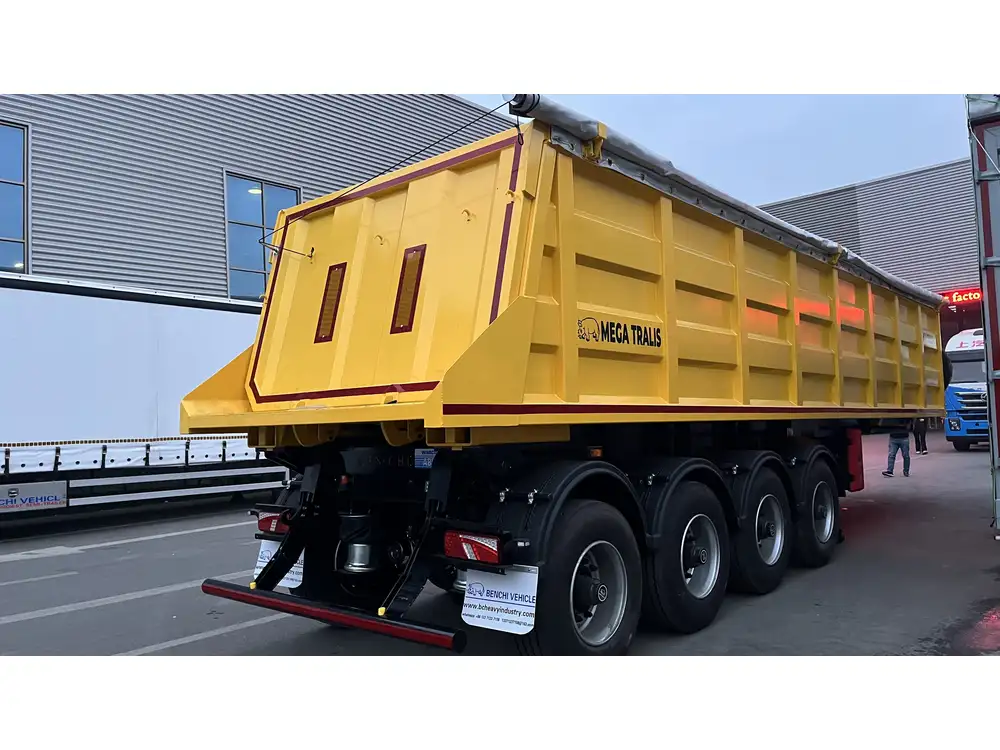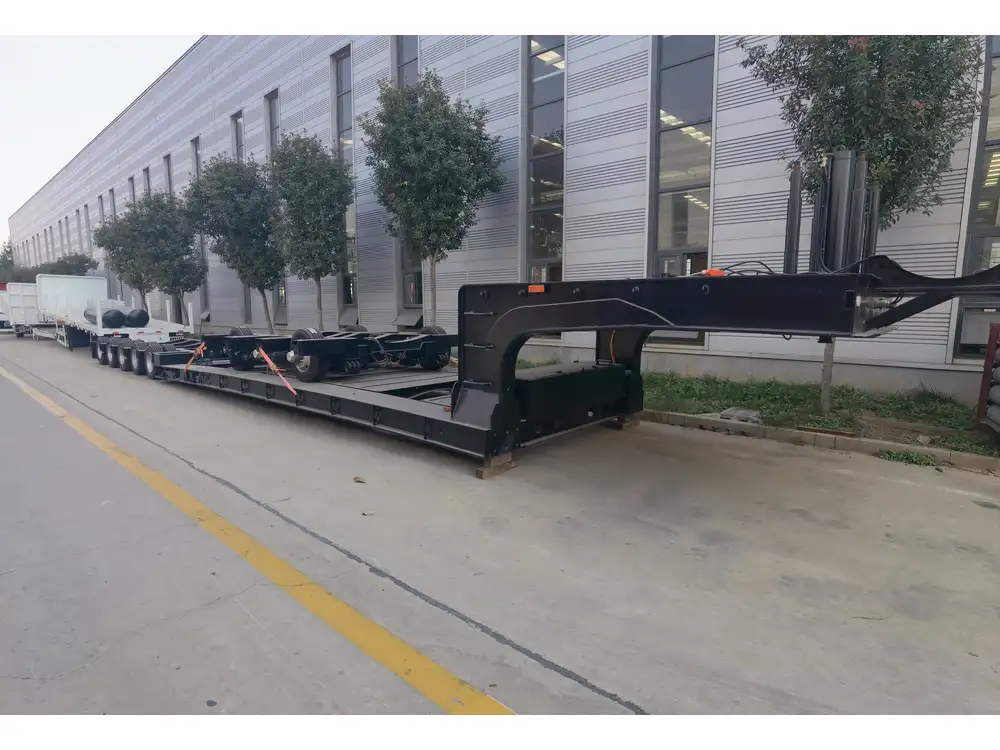In the world of RVs and travel trailers, understanding the weight of a self-contained unit is crucial for potential buyers and current owners alike. A 16-foot self-contained travel trailer exemplifies convenience and mobility, but determining its weight requires careful consideration of various factors. What influences this measurement, and why does it matter for your travels? Let’s dive deep into the details.
Key Factors Influencing the Weight of Travel Trailers
When we discuss the weight of a 16-foot self-contained travel trailer, several variables come into play. Here’s a detailed exploration:
| Factor | Description |
|---|---|
| Construction Materials | The type of materials used in the trailer’s construction—such as aluminum, wood, or composite materials—significantly affects weight. Aluminum frames, for instance, offer lighter options compared to traditional wood. |
| Amenities and Features | The level of amenities—kitchen facilities, bathrooms, storage capacity, and sleeping areas—adds weight. A fully equipped trailer with heavy appliances will weigh more than a minimalist model. |
| Water and Waste Tanks | When considering weight, don’t forget about water and waste. The capacity of freshwater and wastewater tanks can add significant pounds, especially when filled. |
| Design and Style | Certain designs, such as aerodynamic shapes, reduce drag and may influence weight compared to boxier models. Style preferences can lead to variations in weight. |
| Towing Gear | Remember to account for additional equipment like hitches, spare tires, and other towing components which together contribute to overall towing weight. |
Average Weight Ranges for 16-Foot Travel Trailers
On average, a 16-foot self-contained travel trailer can weigh anywhere from 2,000 to 3,500 pounds. This weight range is broad due to the differences in specifications and configurations. Here’s a breakdown:
| Weight Class | Description |
|---|---|
| Under 2,000 lbs | Lightweight models designed for minimalistic living; often lack extensive amenities. |
| 2,000 – 2,999 lbs | Moderate options providing a balance of amenities and weight; suitable for small families or couples. |
| 3,000 – 3,500 lbs | Heavier, fully-equipped trailers with more substantial features like larger kitchens and bathrooms. |
Understanding these classifications aids potential buyers in their search for the perfect travel trailer that fits their towing capabilities and lifestyle needs.

Why Does Weight Matter?
The weight of your travel trailer influences various aspects of your camping experience. Let’s dissect the implications of trailer weight across a few key areas:
1. Towing Capacity
It’s imperative to match your vehicle’s towing capacity with the travel trailer’s weight:
- Safety: Overloading a tow vehicle can lead to accidents or malfunctions.
- Legal Requirements: Different jurisdictions have regulations regarding towing limits; exceeding these can result in fines.
- Performance: A trailer that exceeds the towing capacity can cause significant wear and tear on the vehicle, affecting fuel efficiency and engine performance.
2. Gas Mileage
A heavier trailer often equates to decreased fuel efficiency:
- Aerodynamics: A more massive and less aerodynamic trailer increases air resistance, causing your vehicle to work harder.
- Regenerative Braking: Increased weight impacts braking distances, requiring heavier use of brakes, which could lead to quicker wear.

3. Parking and Maneuverability
Weight plays a role in how manageable a trailer is when maneuvering:
- Turning Radius: Heavier trailers can be more challenging to turn and park.
- Ground Clearance: The weight distribution can affect the ground clearance and approach angles, impacting off-road capability.
Calculating the Actual Weight
Understanding the difference between various weight classifications helps in the accurate assessment of a self-contained travel trailer’s weight. Here’s how to evaluate it precisely:
1. Dry Weight
This is the base weight of the trailer without any cargo, water, or fuel. It’s crucial to know:
- Manufacturer Specifications: Check the manufacturer’s plate, usually located inside the trailer or near the main door, to find the dry weight.

2. Gross Vehicle Weight Rating (GVWR)
GVWR is the maximum weight limit recommended for a fully loaded trailer:
- Total Load Capacity: This should include all potential cargo (food, gear, water, etc.) alongside the dry weight.
3. Payload Capacity
This figure represents the maximum weight that can be safely added to the trailer (including cargo and liquids):
- Calculation: Payload capacity is derived by subtracting the dry weight from the GVWR.
By understanding and calculating each of these weight categories, potential RV owners can make informed decisions ensuring their comfort and safety on the road.
Popular Models of 16-Foot Self-Contained Travel Trailers
For illustrative purposes, here are a few notable models of 16-foot self-contained travel trailers:
| Model Name | Dry Weight | GVWR | Features |
|---|---|---|---|
| Forest River R-Pod | 2,500 lbs | 3,500 lbs | Pod-shaped design, kitchenette, expandable storage. |
| Scamp Trailers | 1,800 lbs | 3,000 lbs | Lightweight fiberglass construction, customizable floorplans. |
| Little Guy MAX | 2,200 lbs | 3,500 lbs | Compact, teardrop shape with modern amenities and ample storage. |
Familiarity with different models allows buyers to zero in on the best fit for their specific needs and preferences.

Frequently Asked Questions About Travel Trailer Weight
Below are some common queries and their answers to assist in demystifying travel trailer weights further.
What is the difference between dry weight and GVWR?
Dry Weight: The weight of the trailer without any additional cargo.
GVWR: The maximum weight limit, including all cargo, fuel, and water.
How can I accurately weigh my travel trailer?
Weigh Stations: Utilize publicly available truck weigh stations to obtain an accurate weight.
Portable Scales: Invest in portable axle scales for home use, particularly beneficial for weighing before trips.

Can adding or removing items affect my trailer’s weight?
Absolutely! Every addition—whether it’s furniture, equipment, or water—will change the overall weight. Conversely, removing excess items can lower the weight to fit in the required towing limit.
What vehicle do I need to tow a 16-foot self-contained travel trailer?
The type of vehicle required can vary significantly. Typically, a pickup truck or SUV with adequate towing capacity—usually rated at least a few thousand pounds above the trailer’s weight—is necessary. Always check your vehicle’s specifications.
Conclusion
Understanding the weight of a 16-foot self-contained travel trailer involves analyzing numerous factors, including construction materials, features, and capacities. Knowledge of dry weight, GVWR, and payload not only enhances safety but also optimizes the overall travel experience. By carefully evaluating and weighing your options, selecting the right vehicle, and staying informed on the nuances of trailer weights, you ensure a smoother, more enjoyable journey on the open road.
Equipped with this knowledge, prospective owners can confidently select the perfect 16-foot travel trailer tailored to their adventures—ensuring every trip is memorable and, crucially, safe.



